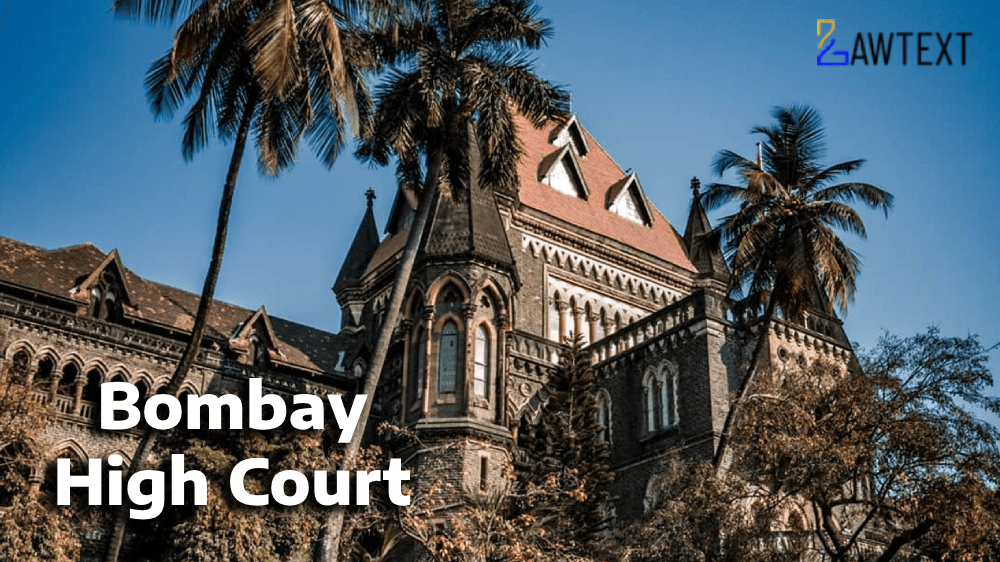High Court Acquits Accused in Sexual Assault Case Due to Lack of Credible Evidence. A judgment of acquittal for Appellant, accused of sexually assaulting an 8-year-old, highlights the importance of corroborative evidence and the limitations of presumptions under the POCSO Act.

CASE NOTE & SUMMARY
The Bombay High Court (Nagpur Bench) overturned the conviction of Vijay Jawanjal, who had been sentenced under Section 376AB of the IPC and Section 6 of the POCSO Act. The High Court found that the evidence presented by the prosecution, including the victim's testimony, lacked credibility and was filled with contradictions. Moreover, the medical evidence did not substantiate the claims of sexual assault. The court emphasized that while Section 29 of the POCSO Act allows for a presumption of guilt, foundational facts must first be proven beyond a reasonable doubt. The High Court held that the prosecution failed to meet this burden, leading to the appellant's acquittal.
-
Introduction (Para 1):
- Vijay Jawanjal was convicted by the Additional Sessions Judge under Section 376AB of IPC and Section 6 of the POCSO Act for allegedly sexually assaulting a minor girl and sentenced to 20 years of rigorous imprisonment.
-
Incident and FIR (Para 2-3):
- The victim's mother, who lodged the report, stated that on 08.03.2019, her 8-year-old daughter was lured by the accused while playing near a village temple, where the assault took place.
- The next day, the child reported pain, and upon inquiry, disclosed the alleged incident, leading to the registration of the case.
-
Defense's Argument (Para 4-6):
- The defense argued that the accusation stemmed from a prior dispute between the victim's father and the accused over cutting grass on the accused's land.
- They claimed the case was a result of revenge, and the victim's testimony was influenced by tutoring from her mother.
-
Prosecution's Argument and Evidence (Para 7-9):
- The prosecution relied on the victim’s statement, her mother’s testimony, and medical evidence. They also invoked Section 29 of the POCSO Act, arguing that once the accused is prosecuted, the presumption is in favor of guilt unless proven otherwise.
- The prosecution's argument that the mother's involvement in lodging the complaint would prevent falsehood was also presented.
-
Critical Evaluation of Testimonies (Para 10-14):
- The court scrutinized the victim's testimony and found inconsistencies. She admitted to being tutored by her mother, raising doubts about the veracity of her account.
- The court questioned why the victim, after suffering such an assault, behaved normally and did not disclose the incident immediately.
-
Medical Evidence (Para 15-17):
- The medical officer's findings indicated inflammation but could not confirm sexual assault. The doctor admitted that the injury could be caused by other factors like sunstroke or infection.
- Furthermore, the medical examination of the accused did not provide conclusive proof of his involvement, as proper potency tests were not performed.
-
Applicability of Section 29 of POCSO Act (Para 18):
- The court clarified that Section 29 of the POCSO Act does not absolve the prosecution from proving foundational facts. In this case, the prosecution failed to establish such facts beyond a reasonable doubt, and the presumption of guilt under the POCSO Act could not be triggered.
-
Conclusion and Acquittal (Para 19-20):
- The High Court concluded that the evidence presented by the prosecution was not credible or sufficient to prove the charges beyond a reasonable doubt.
- As a result, the accused was acquitted, and the conviction and sentence were set aside.
Legal Provisions Discussed:
- Section 376AB of IPC: Punishment for rape on a woman under twelve years of age.
- Section 6 of the POCSO Act: Punishment for aggravated penetrative sexual assault.
- Section 29 of the POCSO Act: Presumption regarding guilt under the POCSO Act, which shifts the burden of proof onto the accused once foundational facts are proven.
Ratio Decidendi:
The judgment highlights that while Section 29 of the POCSO Act allows for a presumption of guilt, such a presumption is not absolute. The prosecution is still required to prove foundational facts beyond a reasonable doubt before the burden shifts to the accused. In this case, inconsistencies in witness testimony, lack of corroborative medical evidence, and the possibility of tutoring led to the acquittal of the accused.
Subjects:
#POCSOAct #Acquittal #SexualAssault #IndianPenalCode #FoundationalFacts #HighCourtJudgment
ISSUE OF CONSIDERATION
Vijay s/o Manoharrao Jawanjal Versus State of Maharashtra
Citation: 2024 LawText (BOM) (8) 144
Case Number: CRIMINAL APPEAL NO. 185 OF 2021
Date of Decision: 2024-08-14
Case Title: Vijay s/o Manoharrao Jawanjal Versus State of Maharashtra
Before Judge: G. A. SANAP, J.
Advocate(s): Mr A.M. Jaltare, Advocate alongwith Mr. N.D. Dawada, Advocate for appellant. Ms R.V. Sharma, APP for respondent/State.
Appellant: Vijay s/o Manoharrao Jawanjal
Respondent: State of Maharashtra

